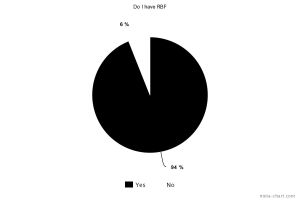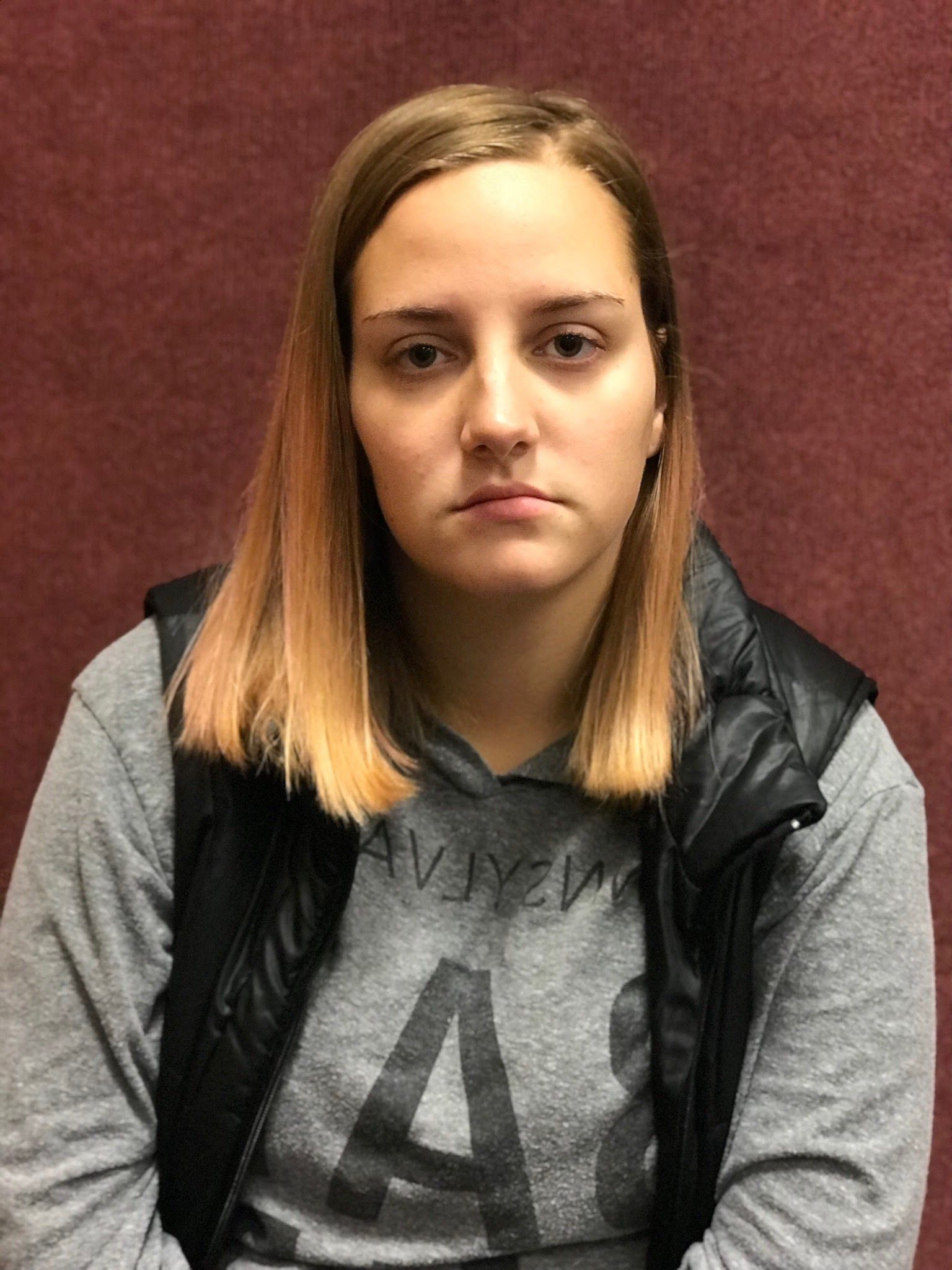According to Urban Dictionary, resting b**** face, more commonly known as RBF, is “a person, usually a girl, who naturally looks mean when her face is expressionless, without meaning to.”
I am aware of the fact that I have chronic RBF but I have never really put much or any thought into it until recently.
It all started about three weeks ago, when I had a strange conversation with one of my classmates. It went as follows:
“Hey, can I ask you a quick question?” she asked.
“Yeah, sure,” I responded.
“Are you constantly judging me or do you just have a really bad resting b**** face?”
“No, this is just my face,” I replied, stunned that she would have the nerve to ask me such a thing.
It had always occurred to me that my resting facial expression could come off as nasty to those who do not know me personally, so I decided to conduct a poll to see what other people thought of my RBF.
I posted this poll on one of Cabrini’s Facebook pages to see what some of my other classmates thought about my face. Out of the people that answered, 94 percent of them do think that I have RBF while six percent of them do not.

Personally, I never thought that my RBF was that severe, but since the day my classmate approached me, it has been such a hot commodity. RBF meant nothing to me until that day, though now it is something that I am extremely passionate about.
“No, seriously, this is just my face,” is a phrase I find myself saying at least twice a week.
People are always asking me if I am okay because the look on my face often leads them to think that I am feeling sad or angry. 95 percent of the time, I truly am fine.

Do not get me wrong, I am definitely proud of my RBF. It is a part of my life and one of my most defining features. Most people who know me know how goofy I actually am, so I find my RBF to be comical because I only just realized I had one.
Maybe some of us can be b****y at sometimes, but we are not all b****es all of the time. Looks can definitely be deceiving.
Since the beginning of time, people have always been telling us to not judge a book by its cover and that you have to read it to know its true story. The same goes for those of us suffering with RBFs. You should get to know us before you let our faces define us.
Those dealing with RBF need someone to vouch for them when someone else thinks that they are throwing shade at them or for when they are sick of hearing everyone ask them what is wrong with their face.
People with RBF are suffering in silence and I plan to advocate for them from now on.




Thank you for sharing this disorder. It may explain my reaction to those who are plagued. I must not judge so quickly!